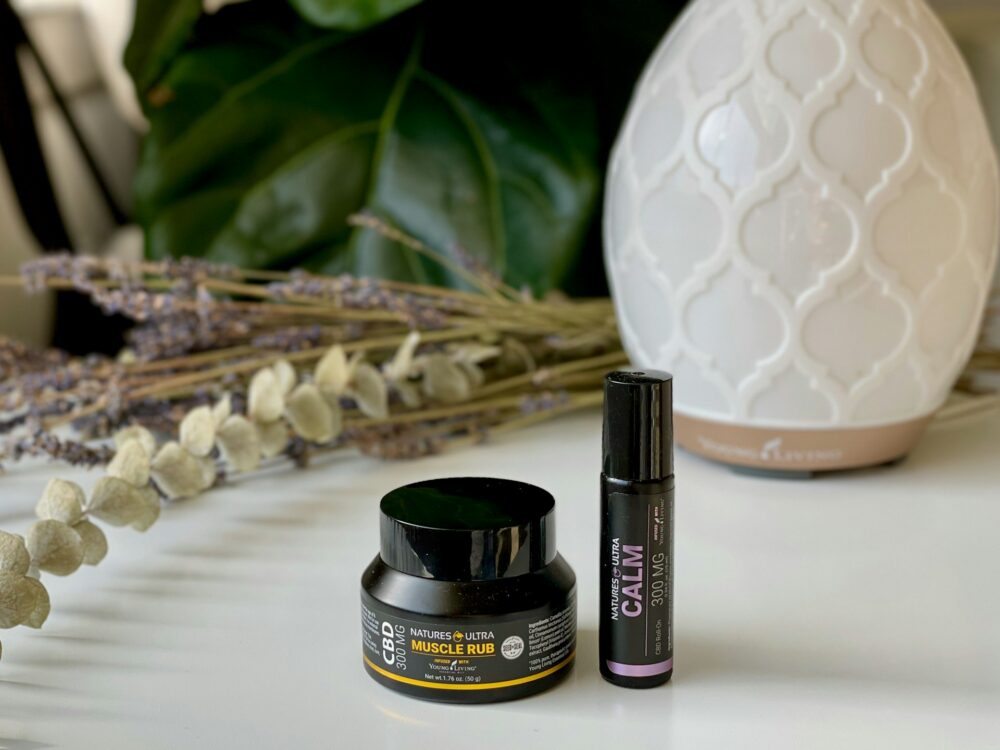Cannabis
France Proposes to Classify CBD as a Toxic Substance at European Level
France’s proposal to classify CBD as “reprotoxic” could lead to a broad European Union ban if the Scientific Committee on Consumer Safety (CSSC) confirms its harmful effects. This threatens the cosmetics, wellness, and CBD industries, potentially restricting consumer access to popular products. Companies and consumers may face significant challenges, with regulatory changes stifling innovation and growth.

The idea of classifying CBD as a toxic substance was born in June 2023, when France announced its intention to ban the use of CBD in cosmetics in Europe. The plan is to classify it as a CMR – a substance that is carcinogenic, mutagenic and toxic to reproduction. In practice, this would mean that products containing CBD could be banned from the cosmetics market in Europe altogether, and possibly in other sectors as well.
France argues that CBD may be “reprotoxic” – toxic to reproduction, which poses a risk to consumer safety. The proposal was officially submitted to the European Chemicals Agency (ECHA) and published on September 11th, 2024. If the CSSC (Scientific Committee on Consumer Safety) finds that CBD is indeed harmful, it could pave the way for a broad ban across the European Union.
Regulatory Process: What does the path to a potential ban look like
The process of banning is not straightforward and requires broad cooperation among European institutions. The European Commission has already launched a call for data collection in 2023 to prepare the CSSC to issue a decision on the safety of CBD. Also key to this assessment will be the examination of the presence of unintended traces of other cannabinoids, including THC , which may be found in CBD products.
The CSSC’s decision will be crucial—if CBD is found to be toxic to reproduction, its use in cosmetics will be prohibited, with possible exceptions after additional assessments. But this could be just the beginning of broader restrictions that could extend to other products containing CBD.
CBD in Cosmetics: Current regulations and future uncertainty
CBD is currently registered in the CosIng database, the European cosmetic ingredient database, as an ingredient with antioxidant, moisturizing, protective and sebum-reducing effects. However, there are no specific regulations in the cosmetic GDPR (Regulation 1223/2009), which means that CBD products are permitted but not fully regulated.
France’s proposal therefore poses a significant threat to the cosmetics industry – if CBD is banned, manufacturers will have to either completely change the composition of their products or withdraw them from the market. Such a move could also discourage other countries from taking similar steps, which would further complicate the market situation.
Potential consequences of the ban: Not just cosmetics in the crosshairs
If CBD is deemed a toxic substance, the impact will extend far beyond the cosmetics industry. Manufacturers of dietary supplements, oils, and other wellness products may also face challenges in complying with the new regulations. This means not only financial losses for companies, but also limited access to popular products for consumers.
A ban could also discourage further research into CBD and its potential medical benefits, stifling innovation in this rapidly growing sector. Further restrictions could even apply to medical products containing CBD if similar concerns arise in the future.
Industry and expert reactions: Concerns and opposition
France’s proposal has been met with strong opposition from the cosmetics, medical and cannabis industries. Experts emphasize that CBD is a well-researched ingredient that is safe in the right doses and with the right quality. The industry fears that regulatory decisions may be dictated more by political than scientific considerations, which puts the future of many companies in question.
Industry organizations and advocates point out that classifying the substance as “toxic” is unjustified and may have negative consequences not only for entrepreneurs but also for consumers who may lose access to safe and effective products.
What can producers and consumers Do?
CBD companies can take legal and lobbying actions to change or soften proposed regulations. Investing in CBD safety research and educating consumers and policymakers about the benefits of CBD will also be key.
Consumers, in turn, can support their right to use CBD products by engaging in information campaigns, writing to MEPs or signing petitions against excessive regulations.
Summary: What’s next for CBD in Europe?
France’s proposal to classify CBD as a toxic substance poses a significant challenge to the entire market. Regardless of the CSSC’s final decision, the industry will need to prepare for potential changes that could shake the foundations of the market.
As regulations become increasingly restrictive, it will be crucial to monitor the situation and actively engage all stakeholders in the legislative process to ensure that the future of CBD does not end up in a “banned” drawer.
__
(Featured image by Blocks Fletcher via Unsplash)
DISCLAIMER: This article was written by a third party contributor and does not reflect the opinion of Born2Invest, its management, staff or its associates. Please review our disclaimer for more information.
This article may include forward-looking statements. These forward-looking statements generally are identified by the words “believe,” “project,” “estimate,” “become,” “plan,” “will,” and similar expressions. These forward-looking statements involve known and unknown risks as well as uncertainties, including those discussed in the following cautionary statements and elsewhere in this article and on this site. Although the Company may believe that its expectations are based on reasonable assumptions, the actual results that the Company may achieve may differ materially from any forward-looking statements, which reflect the opinions of the management of the Company only as of the date hereof. Additionally, please make sure to read these important disclosures.
First published in FaktyKonopne. A third-party contributor translated and adapted the article from the original. In case of discrepancy, the original will prevail.
Although we made reasonable efforts to provide accurate translations, some parts may be incorrect. Born2Invest assumes no responsibility for errors, omissions or ambiguities in the translations provided on this website. Any person or entity relying on translated content does so at their own risk. Born2Invest is not responsible for losses caused by such reliance on the accuracy or reliability of translated information. If you wish to report an error or inaccuracy in the translation, we encourage you to contact us

-

 Business2 weeks ago
Business2 weeks agoAmerica’s Debt Spiral: A $67 Trillion Reckoning Looms by 2035
-

 Markets2 days ago
Markets2 days agoThe Big Beautiful Bill: Market Highs Mask Debt and Divergence
-

 Crowdfunding2 weeks ago
Crowdfunding2 weeks agoTasty Life Raises €700,000 to Expand Pedol Brand and Launch Food-Tech Innovation
-

 Cannabis1 week ago
Cannabis1 week agoCannabis Clubs Approved in Hesse as Youth Interest in Cannabis Declines

























